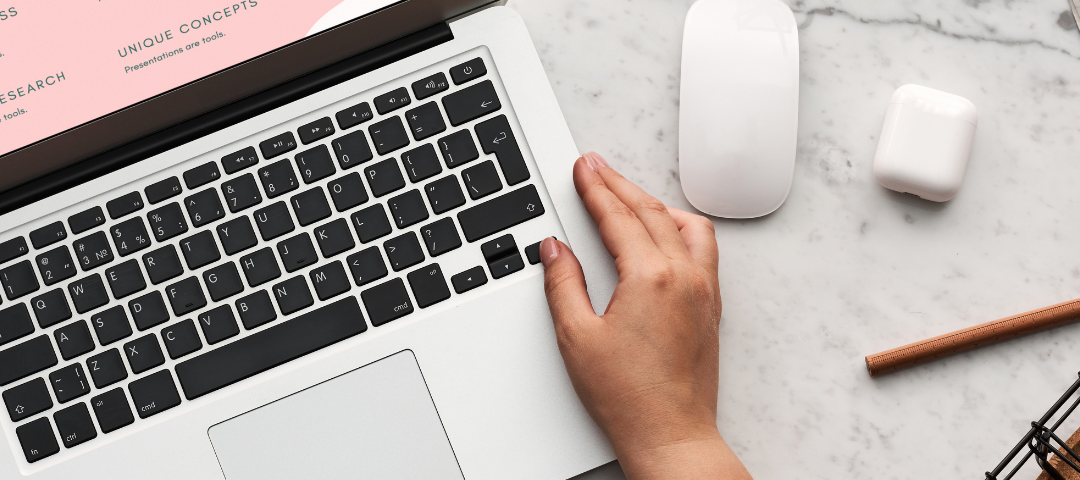This website uses cookies so that we can provide you with the best user experience possible. Cookie information is stored in your browser and performs functions such as recognising you when you return to our website and helping our team to understand which sections of the website you find most interesting and useful.
Tips For Stress-Free Working And Studying At Home

*This is a collaborative post.
Since 2020, there has been a sharp rise in the number of people working from home. Online learning has also soared in popularity. Remote working offers greater flexibility and studying at home provides benefits for those who work full-time, as well as parents and individuals with other commitments. Although there are multiple benefits to studying and working from home, it can be stressful. In this guide, we’ll share some simple tips to help you enjoy the advantages and avoid common problems.
Image source: https://www.pexels.com/photo/woman-writing-on-her-notebook-3059747/
Find a quiet space
The golden rule to make working from home work for you is to find a quiet space. If you’re studying while your kids are at home, you have pets, or your partner works from home, it’s essential that you have a dedicated workspace where you can concentrate and escape distractions. If you don’t have an office at home, there are solutions. You could utilise a spare room as a study, work in the dining room if you usually eat and socialise in the kitchen, or create an office in the loft or basement. Another possibility you could explore if you’re keen to add value to your home is to convert an attic space or add a garden room. Garden rooms have become increasingly popular in the last few years and they’re a brilliant way to free up room indoors and make the most of outdoor space. If you have a cabin, a garden room or a summerhouse, for example, you could use it as an office, a studio or a workshop.
Make sure you’ve got the equipment you need
If you’ve recently started working from home full or part-time, or you study at home, it’s important to make sure that you’ve got all the equipment you need. Think about what you would usually use at the office and set up your workstation. Check that you’ve got the software programmes and apps that you need installed on your laptop, computer or tablet and uninstall apps you don’t need or use anymore to free up space. Here’s the tip you need to do this quickly and easily. Ask your employer about additional devices and equipment, such as a printer, and make sure you’ve got access to company sites, internal email systems and apps.
Establish a routine
Most people who go to an office or another type of workplace have a set routine. When you switch to working from home, it can be difficult to get into the habit of doing specific jobs at specific times because you don’t have to log on, sign in or clock off by a certain time. Many of us respond positively to routines. They can help us to manage workloads effectively, achieve a healthier work-life balance and make the most of our time. It’s helpful to establish a routine if you’re working or studying at home. Set yourself a daily bedtime and get up at the same time every morning. Plan your day and play to your strengths. If you’re a morning person, tackle priority jobs as soon as you get up and you’ve had your breakfast and showered. If you find it hard to get motivated before 10 am, use your mornings to exercise, go for a walk or do chores before you sit down at your desk and start work.
Take regular breaks throughout the day and separate your work and home lives. It’s tempting to check emails at bedtime or pop into the study and send messages when it’s only next door, but it’s crucial to maintain a healthy balance. Once you’ve logged off, turn your attention to hobbies and interests, spending time with your family and friends and relaxing. Try to make time for regular exercise in your schedule. Working out, doing exercise classes or going for a walk or a bike ride can increase energy levels, reduce stress, aid concentration and lift your mood. Physical activity is also a great way to manage your emotions if you’re feeling restless, overwhelmed, frustrated, irritable or lethargic.
Picture credit: https://www.pexels.com/photo/woman-in-red-long-sleeve-shirt-looking-at-her-laptop-3765132/
More and more of us are working or studying at home. If you’re spending more time at home, it’s beneficial to ensure that it provides a positive environment for learning or working. Find a quiet space, create a dedicated work area and minimise distractions. Establish a routine that plays to your strengths and make sure you have all the equipment you need to work efficiently. Take regular breaks, try to exercise regularly and separate working hours and downtime. It’s critical to strike a balance that enables you to manage your workload and find time to relax, socialise and enjoy some well-earned time off.




